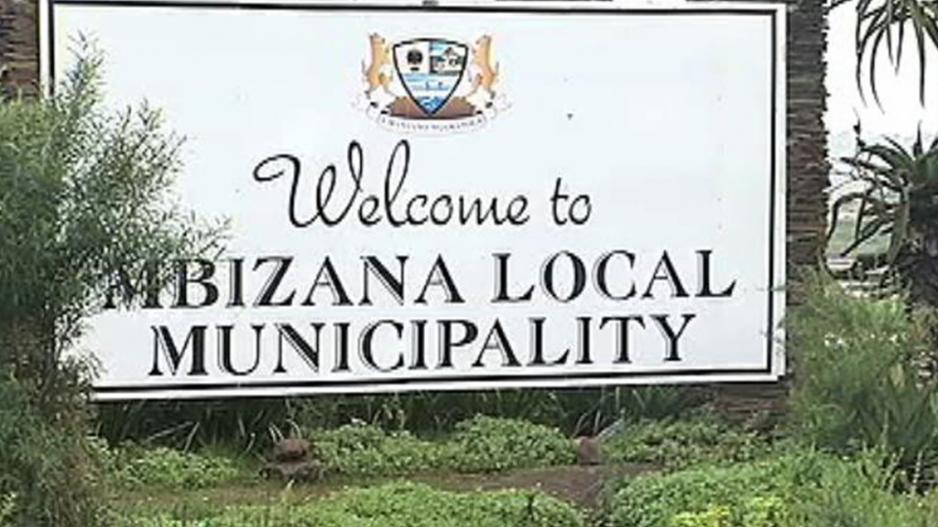Peacebuilding through Public Participation Mechanisms in Local Government {Research}

-
S Africa, Mbizana Local Municipality, Offline
- Where did this use case occur?
-
2017 - 2020
- When did this use case occur?
-
The researchers, NGO Good Governance Africa, ward councillors.
- Who were some of the key collaborators
-
The research had 1,000 participants in the first phase - the survey. The participants were from Mbizana.
- How many people participated?
-
Municipality, Public
- What are some keywords?
What was the problem?
Urban conflict in Mbizana stemmed from bad governance in the local municipality, primarily characterised by poor service delivery, mismanagement and corruption. Residents embarked on service delivery protests, demonstrations, and violence since Mbizana local municipality also experienced high municipal finance mismanagement.
How does the community approach the problem?
Local government partnered with researchers to host public participation workshops. Facilitators arranged the agenda and invited participants to the program. Throughout the sessions, participants discussed and shared their concerns regarding the agenda, engaged in brainstorming and problem-solving discussions, envisioned solutions, and discussed the next steps. The workshops were also meeting grounds for individuals who may not otherwise interact with each other.
No Specified Tools
What were the results?
• Local participatory processes were transformative to enable municipal officials to address the prevailing corruption and adopt better governance practices.
• The dialogical public-participation approach was important in fostering social cohesion, minimising tension and building a case for collaborative governance between citizens and the municipality for the achievement of sustainable development.
How participatory was it?
Involve
This was a research project. The primary purpose of the experiment was to study the role of public participation mechanisms, and in that regard, the role of the public was limited to involvement in such fora.
What makes this Use Case unique?
'As an experiment, the learnings from the public participation experiment can be relevant to develop other similar interventions in urban-conflict societies.' -Robin